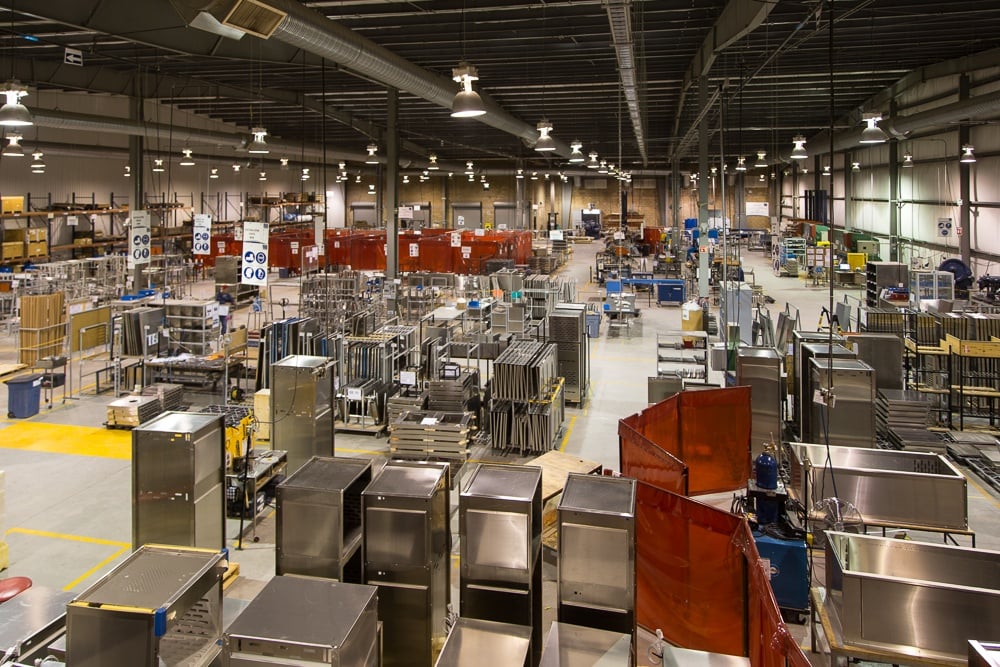The world of international commerce after 9/11 would be a different one, and US trade with Mexico and the rest of the world would never be the same.
Suddenly, a microscope was applied to imports where scant, if any attention, had been paid before. Those manufacturing in Mexico and elsewhere began playing under new ground rules.
Millions of containers, railcars, bulk commodity deliveries, airfreight and even people themselves were newly defined as potential vehicle for terrorist acts. One of many responses from U.S. Customs and Border Protection (CBP) for shipping to and from Mexico, as well as other countries, was a program called Customs-Trade Partnership Against Terrorism, or C-TPAT.
The program, a voluntary government-business initiative, was implemented to "build cooperative relationships that strengthen and improve overall international supply chain." Since inspecting 100 percent of imports is impossible, the program sought to encourage "best practices" among those in commerce in order to channel CBP time and manpower toward suspicious and vulnerable shipments.
The implications for manufacturers in Mexico, and elsewhere, have meant additional costs and following new protocols. But the transition to a new internatinal trade paradigm has been a smooth one and, where necessary, the program has been altered and tweaked.
But for those that are manufacturing in Mexico, what started as a voluntary program -- though still one today -- is becoming increasingly mandatory. What happens if a company doesn't itself have C-TPAT status or doesn't deal with C-TPAT certified shippers, customs brokers or others in the supply and logistics chain?
In a single word, delays.
Though CBP reserves the right to inspect any cargo, those that do not come from C-TPAT certified companies face higher rates of physical inspections and auditing. What will those rates be? That information is kept proprietary, but in years past, as much as 90 percent of rail cars and as little as 25 percent of truck crossings were inspected.
The bottom-line: non-C-TPAT shipments, at one point or another, are going to take longer.
Becoming C-TPAT certified is not a difficult process, but does require outlays of time and money. The Offshore Group's third-party logistics company, International Logistic Solutions (ILS) is certified under the program.
Prior to applying to the C-TPAT program, companies must conduct a thorough assessment of their international supply chain(s) in order to meet the minimum security criteria.
The program is free and open to the following types of companies, large and small:
- U.S. importers of record
- U.S./Canada and U.S./Mexico highway carriers
- Rail, sea, and air carriers
- U.S. marine port authority and terminal operators
- U.S. air freight consolidators, ocean transportation intermediaries and non-vessel operating common carriers
- Mexican manufacturers
- Certain invited foreign manufacturers
- Licensed U.S. customs brokers
The C-TPAT application is available online. Once it is approved, a CBP team of inspectors perform both planned and unannounced inspections to verify adherence. CBP attempts to complete applications within 60 days after the questionnaire has been completed.
Subscribe
Sign up and stay informed with tips, updates, and best practices for manufacturing in Mexico.





